outside the radar
philippines studies have been consistently outside the radar in australian academia.
not too many people are interested in the philippines these days. in many australian universities, philippine experts are a vanishing breed. with the exception of paul d’ arcy, merlinda bobis, jennifer decolongon, amy lopez-forbes (big winner of who wants to be a millionaire?, philippine edition, in 2001), m. mintz, robert nery, peter sales, jacqueline siapno, mina roces, nicki saroca, eduardo ugarte, jane hutchison and a few others, academics here aren't encouraged to take the path of filomeno aguilar, rey ileto, paul matthews, tom inglis moore, ben kerkvliet, raul pertierra, elizabeth perkins, michael pinches, mark turner and james warren.
certainly, many australian universities have course offerings on southeast asia. but "southeast asia" here means burma, indonesia, laos, malaysia, singapore, thailand, and vietnam. there isn’t any initiative to approve the teaching of any philippine language. and i find this very tragic because filipino-australians are among the fastest-growing migrant communities in australia. lately, filipino chefs and cooks have been in the limelight when they publicly aired their gripes against their employers on television. months earlier, we learned that vivian alvarez solon had been wrongfully deported by immigration authorities. filipinos in australia suffered greatly during the late 1970s and the 1980s as a result of homicide cases involving mail-order brides. even then, these experiences had not convinced academic leaders and federal officials to initiate philippine-related awareness programs in australian schools and universities.
at the sydney and melbourne film festivals, programs are leaning heavily towards european and american cinema. asia is thinly represented by china, japan and korea. occasionally, there are also token representations from thailand and vietnam. after rejecting the exhibition of filipino entries that have won acclaim in europe and north america, i get the impression that even australia’s artistic community is generally apathetic to cultures of most countries unless they are anglo-celtic, european, rich or potentially, a border security threat (e.g. indonesia). for a major film country, i find it appalling that nobody here remembers lamberto avellana, ishmael bernal, lino brocka, manuel conde, gerry de leon, mike de leon, gregorio fernandez, eddie romero, mario o hara, tikoy aguiluz, marilou diaz abaya, laurice guillen, peque gallaga, mario j. de los reyes, jose javier reyes, jeffrey jeturian or lav diaz. certainly, aureaus solito's the blossoming of maximo oliveros was the opening film at the sydney opera house last month. but the festival was message sticks: fabulously indigenous but not an internationally mainstream one.
so i was elated to hear that la trobe university in melbourne has established a philippine-australia studies centre with ateneo de manila university. dennis altman and filomeno aguilar initiated the center's formation in 2000. the center was formally established at la trobe in 2003. australia's so-called group of 8 research universities should follow suit. filipinos and filipino-australians should now live up to the challenge by raising their profile across australia and the asia-pacific region.
heaven forbid, filipinos in australia will no longer be essentialized within the next few years as battered domestics, prostitutes, illegals and mail-order brides.
not too many people are interested in the philippines these days. in many australian universities, philippine experts are a vanishing breed. with the exception of paul d’ arcy, merlinda bobis, jennifer decolongon, amy lopez-forbes (big winner of who wants to be a millionaire?, philippine edition, in 2001), m. mintz, robert nery, peter sales, jacqueline siapno, mina roces, nicki saroca, eduardo ugarte, jane hutchison and a few others, academics here aren't encouraged to take the path of filomeno aguilar, rey ileto, paul matthews, tom inglis moore, ben kerkvliet, raul pertierra, elizabeth perkins, michael pinches, mark turner and james warren.
certainly, many australian universities have course offerings on southeast asia. but "southeast asia" here means burma, indonesia, laos, malaysia, singapore, thailand, and vietnam. there isn’t any initiative to approve the teaching of any philippine language. and i find this very tragic because filipino-australians are among the fastest-growing migrant communities in australia. lately, filipino chefs and cooks have been in the limelight when they publicly aired their gripes against their employers on television. months earlier, we learned that vivian alvarez solon had been wrongfully deported by immigration authorities. filipinos in australia suffered greatly during the late 1970s and the 1980s as a result of homicide cases involving mail-order brides. even then, these experiences had not convinced academic leaders and federal officials to initiate philippine-related awareness programs in australian schools and universities.
at the sydney and melbourne film festivals, programs are leaning heavily towards european and american cinema. asia is thinly represented by china, japan and korea. occasionally, there are also token representations from thailand and vietnam. after rejecting the exhibition of filipino entries that have won acclaim in europe and north america, i get the impression that even australia’s artistic community is generally apathetic to cultures of most countries unless they are anglo-celtic, european, rich or potentially, a border security threat (e.g. indonesia). for a major film country, i find it appalling that nobody here remembers lamberto avellana, ishmael bernal, lino brocka, manuel conde, gerry de leon, mike de leon, gregorio fernandez, eddie romero, mario o hara, tikoy aguiluz, marilou diaz abaya, laurice guillen, peque gallaga, mario j. de los reyes, jose javier reyes, jeffrey jeturian or lav diaz. certainly, aureaus solito's the blossoming of maximo oliveros was the opening film at the sydney opera house last month. but the festival was message sticks: fabulously indigenous but not an internationally mainstream one.
so i was elated to hear that la trobe university in melbourne has established a philippine-australia studies centre with ateneo de manila university. dennis altman and filomeno aguilar initiated the center's formation in 2000. the center was formally established at la trobe in 2003. australia's so-called group of 8 research universities should follow suit. filipinos and filipino-australians should now live up to the challenge by raising their profile across australia and the asia-pacific region.
heaven forbid, filipinos in australia will no longer be essentialized within the next few years as battered domestics, prostitutes, illegals and mail-order brides.
the new parliament house, canberra
perth, western australia
the town hall, melbourne
the town hall, brisbane
the harbour bridge, sydney



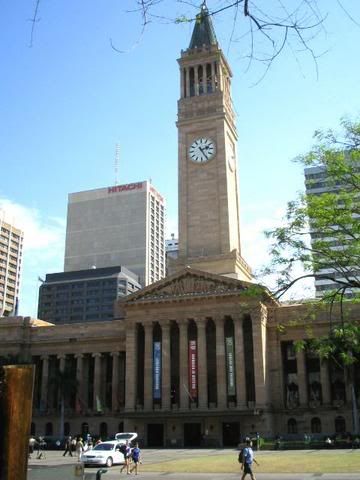
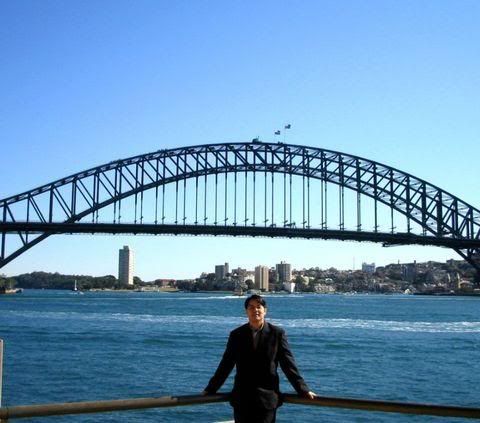








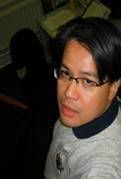




















































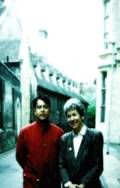

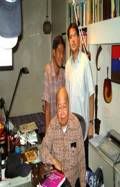


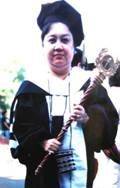





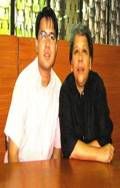
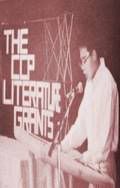


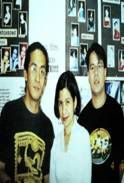






















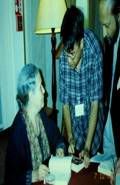
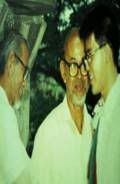
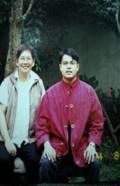


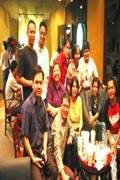

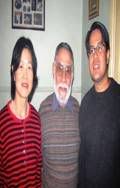
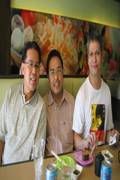
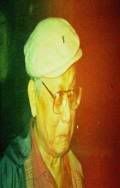
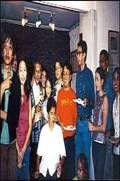
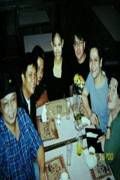

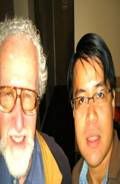



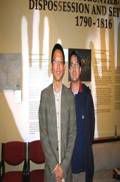


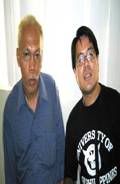
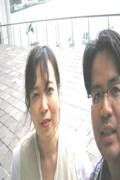
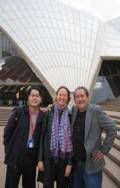


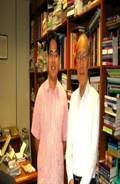
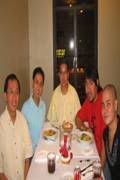
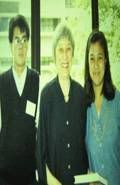







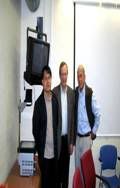


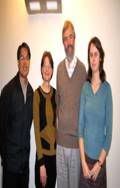
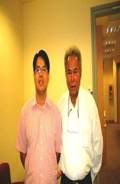





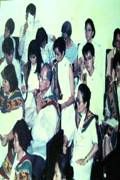
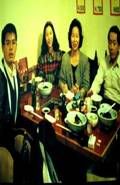
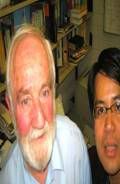





















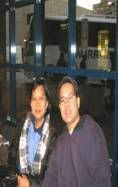
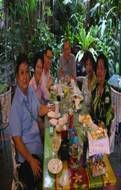
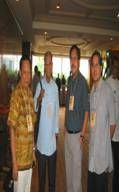
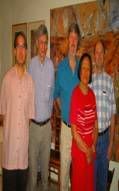
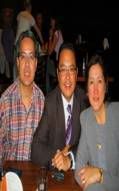
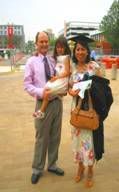
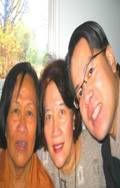
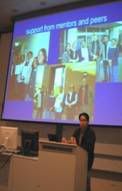

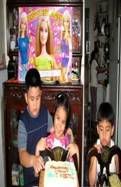
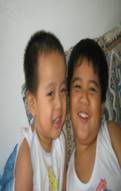




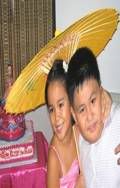
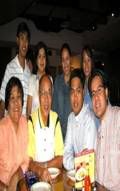








5 Comments:
yup yup. here, students in southeast asian studies here are given preparatory courses before they do further language field and archival research in the specific country they intend to specialize in. but there isn't any provision for students to work on the philippines. the philippines is still out of the picture. efforts to institute courses in tagalog, cebuano, etc. had been blocked.
wendell! i can't believe i found your blog :) how's canberra? i hope you still remember me. this is anna iglesias, gay's sister :) hope you're having fun over there! :)
anna! it's -4 when i go home from my office. i sleep 4-11 am,work on my dissertation from 1pm to 3 am. it's tough but i'm hanging on. i really miss teaching back home.
woh. that *is* heavy. but i know you can do it!:) btw, i met ray-vi sunico at ynzal (a mac service center) last monday when i was having my ibook fixed. coolness. :)
your entry about phil. studies is depressing. and this is in the academic sphere pa lang, paano pa kaya ang pinoy sa mga aussies? :(
the pinoys here are resilient. the best ones are doing well. we can truly be proud of them. the future isn't too bleak. but we need to have committed leaders in our government to take the lead.
Post a Comment
<< Home